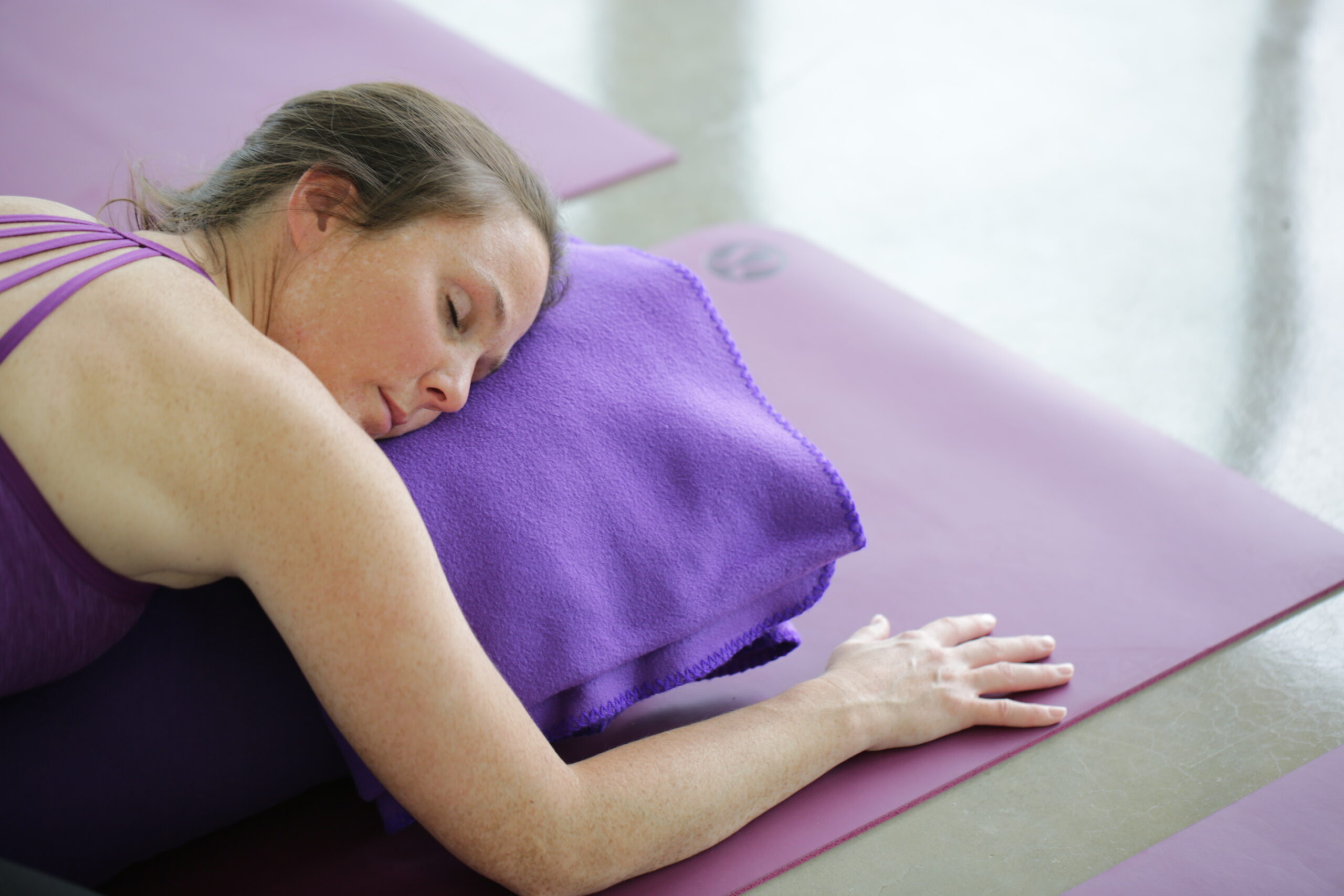
The quality of our sleep can have a huge impact on our energy levels, mood and overall health. Here are some ideas to help you to prepare for a good night’s sleep.
Doing something relaxing as a transition between your evening activities and bedtime is a great way to unwind and prepare for sleep. It doesn’t need to be the same thing every day; it could be having a bath, reading a book, journaling, doing some yoga, breathing or meditation. I do 5-10 minutes of Coherent Breathing in bed every night – I find it really meditative (more so than meditation!) and it helps me drop off to sleep. Plus, slow breathing has so many health benefits, so it has become a valuable part of my self-care routine.
Spending time on our phones, laptops and tablets is stimulating for the brain which is not ideal before bedtime. News and social media can trigger feelings of anxiety and stress, and our devices give off blue light which suppresses Melatonin, which is our sleep hormone. Try to have a 60-90 minute buffer between screen-time and bedtime. On my phone, I use the ‘Downtime’ function to restrict use of all my apps between 9.30pm-7am. I can override it, but it’s a good way of making me think twice before mindlessly scrolling. You can also use filters to remove blue light from screens.
A cool, dark bedroom is best for a good night’s sleep. If light comes through your curtains, you could try using an eye mask. Avoid having electrical devices in your bedroom as these give off radio waves which can disturb your sleep. I use my phone as an alarm clock, so I set my phone onto aeroplane mode.
This sounds totally bonkers but taping your mouth up to make sure that you are breathing through your nose and not your mouth can make a huge difference to the quality of your sleep, and also your overall health.
Mouth breathing can change our airways for the worse. According to James Nestor in his book ‘Breath’, ‘inhaling air through the mouth decreases pressure, which causes the soft tissues in the back of the mouth to become loose and flex inward, creating less space and making breathing more difficult’. Not only does this affect airflow in the daytime, but at night mouth breathing can lead to snoring and sleep apnoea, a condition where you stop breathing whilst you’re asleep. Sleep apnoea can cause your oxygen levels to drop, and whenever oxygen drops below 90% the blood can’t carry enough oxygen to support the body’s tissues. If this is consistently happening, it can have a big impact on your health, and can result in hypertension, neurological disorders, autoimmune diseases and more.
Not only can mouth tape reduce, or even eliminate, snoring and sleep apnoea, but according to James Nestor, it could also stop you needing to get up to go to the toilet and reduce your thirst at night. Wearing sleep tape is also good for your dental health as mouth breathing is linked with periodontal disease, bad breath and cavities. There are many more benefits to nasal breathing which you won’t get if you are mouth breathing at night, including the fact that we can absorb 18% more oxygen through nose breathing versus mouth breathing. Immune function, weight, circulation, mood and sexual function can all be positively influenced by nasal breathing, and wearing mouth tape can help with asthma, migraines, brain fog, menopausal symptoms and athletic performance. You can read more about this here.
I tape my mouth every night (and also when I run) and it has made a huge difference to my sleep (and my running endurance). I sleep all through the night, and I wake up feeling refreshed rather than groggy. It’s hard to describe, but taping up my mouth makes me feel safe and comforted, almost the same feeling that you might get from having a weighted blanket over you. I use a small piece of 3M Micropore tape vertically over the middle of my lips.
WOULD YOU LIKE TO LEARN MORE?
If you’d like to start doing yoga, meditation or breathing before bedtime, you’ll find a live and on-demand classes available on my online class platform & App, including a 7-day bedtime yoga series which includes gentle stretching and Coherent Breathing, and it’s suitable for beginners.
If you’d like to learn more about breathing, I also offer online 1-2-1 breathing tuition where we’ll explore ways in which you can improve your breathing habits and make breathing practices part of your everyday life.